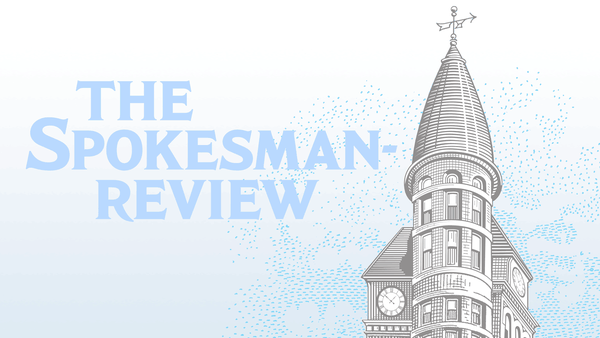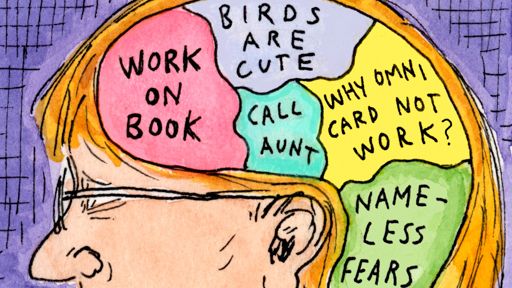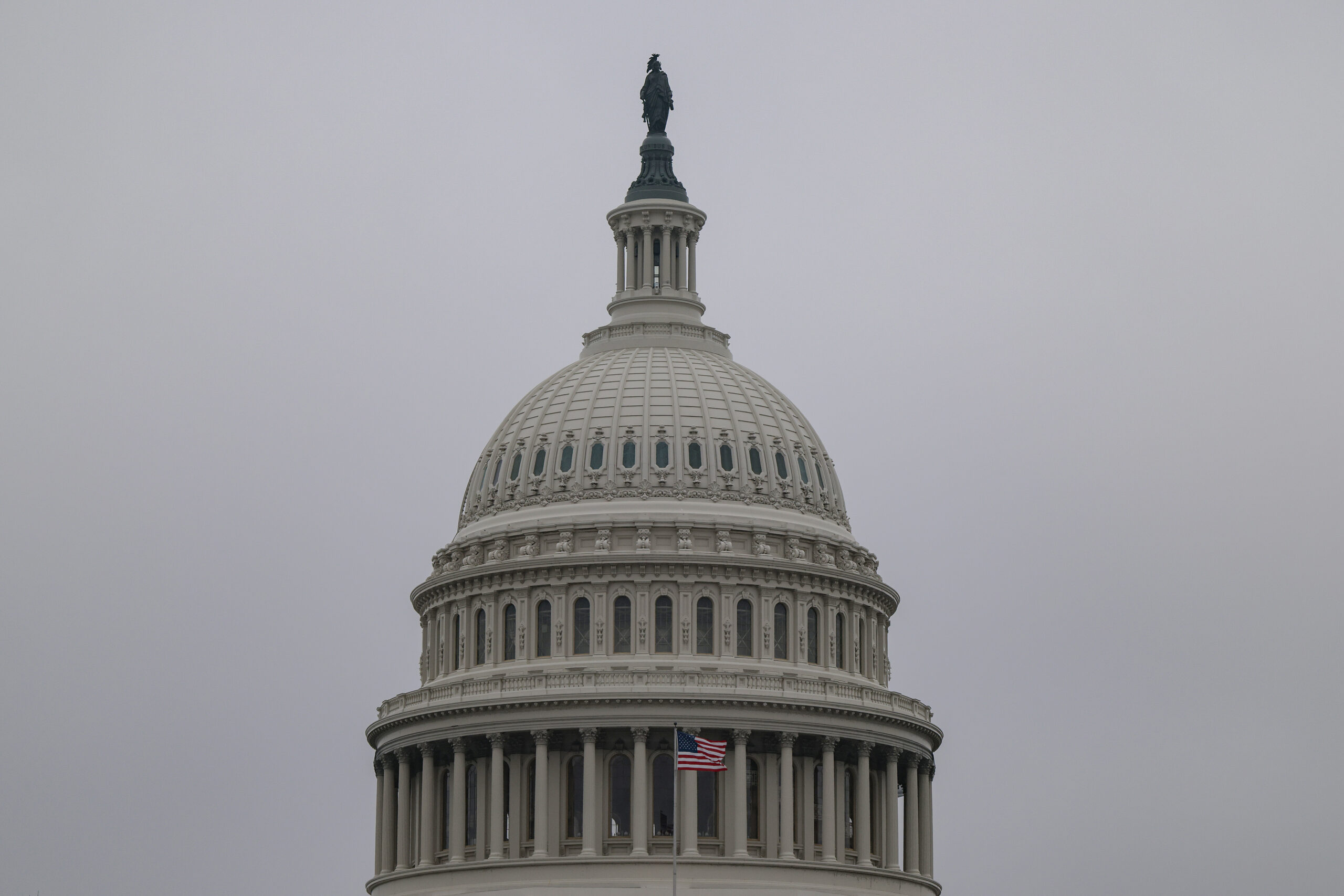In a significant policy shift, the White House is requesting Congress to eliminate funding for National Public Radio (NPR), the Public Broadcasting Service (PBS), and the U.S. Agency for International Development (USAID). The proposed cuts could have profound impacts on public broadcasting and international aid programs.
White House asking Congress to cut funding for NPR, PBS, USAID
Key Takeaways:
- White House Initiative to Cut Funding: The administration is actively seeking to eliminate financial support for NPR, PBS, and USAID.
- Impact on Public Broadcasting: NPR and PBS may face operational challenges without federal funding.
- Effect on International Aid: Eliminating USAID funding could affect U.S. foreign aid programs.
- Congressional Approval Required: The proposal is being taken to Congress, where it will face legislative scrutiny.
- Shift in Funding Priorities: This move reflects a broader change in governmental support for public services and international aid.
A Shift in Funding: White House Proposes Cuts
The White House has initiated steps to eliminate federal funding for National Public Radio (NPR), the Public Broadcasting Service (PBS), and the U.S. Agency for International Development (USAID) by approaching Congress with its proposal. This significant action underscores a potential realignment of the government’s funding priorities.
Impact on Public Broadcasting Networks
NPR and PBS, long-standing pillars of public broadcasting, rely partially on federal funding to provide educational and informational content to the American public. The proposed cuts could lead to reductions in programming, staff layoffs, or even the closure of certain stations, particularly in rural areas where funding alternatives are limited.
Potential Consequences for NPR and PBS
Without federal support, these organizations may need to seek increased private donations or commercial partnerships, which could alter the nature of their content. The elimination of funding raises concerns about the accessibility of unbiased news and educational programming for all citizens.
Eliminating USAID Funding
USAID plays a critical role in administering civilian foreign aid and development assistance. The agency’s efforts include disaster relief, poverty alleviation, and supporting democratic governance abroad. Defunding USAID could lead to a reduction in humanitarian aid and might impact the United States’ influence in global development initiatives.
Global Implications of USAID Cuts
The proposed elimination of USAID funding may have far-reaching consequences for international stability and U.S. foreign relations. Aid recipients could experience setbacks in development progress, and other global powers might fill the vacuum left by reduced American assistance.
The Path Through Congress
The administration’s proposal requires congressional approval, setting the stage for potential debates among lawmakers. Supporters of the cuts may argue for fiscal responsibility and reallocation of resources, while opponents are likely to emphasize the importance of these organizations to society and international leadership.
Looking Ahead
As the White House moves forward with its request, the future of NPR, PBS, and USAID hangs in the balance. The coming discussions in Congress will determine the extent to which these institutions can continue their missions amid shifting political priorities.
Conclusion
The White House’s pursuit of funding eliminations for NPR, PBS, and USAID signifies a notable shift in governmental priorities. The outcome of this proposal holds significant implications for public broadcasting, international aid, and the values that underpin these institutions. Stakeholders and citizens alike await Congress’s response to this pivotal issue.











